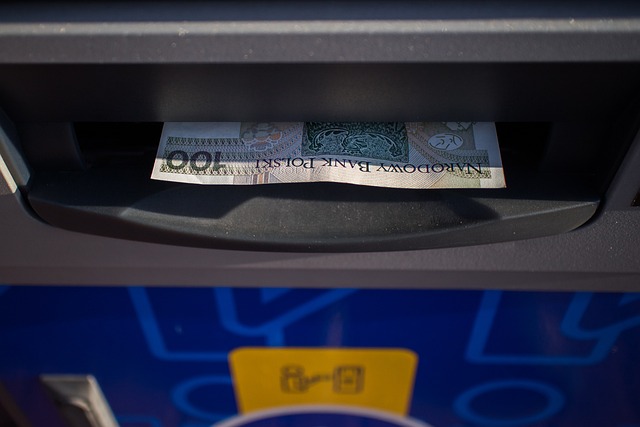Car title loans offer quick cash using your vehicle's title as collateral, with lenders demanding 50%–75% equity. Understanding these car title loan equity requirements is crucial for borrowers in competitive markets like Houston, where offers vary based on credit history and financial health. Maintaining control of your vehicle allows continued use while repaying, and optimizing equity can lead to better interest rates and terms, even protecting your car in case of default.
“Uncover the secrets to securing a car title loan with optimal equity. In this comprehensive guide, we demystify the crucial aspect of ‘how much equity is needed’. From understanding the core requirements to exploring factors that sway the needed equity amount, you’ll gain insights into maximizing your vehicle’s value as collateral. Learn strategic tips to optimize your car’s equity position for a smoother loan process. Get ready to navigate the car title loan landscape with confidence.”
- Understanding Car Title Loan Equity Requirements
- Factors Influencing the Amount of Equity Needed
- Optimizing Your Vehicle's Equity for a Loan
Understanding Car Title Loan Equity Requirements

Car title loan equity requirements vary significantly from lender to lender, but the core principle is understanding that these loans are secured by your vehicle’s title. This means you must own the car outright or have a substantial stake in it, as lenders want to ensure they can reclaim and sell the vehicle if you default on the loan. The amount of equity required typically ranges from 50% to 75% of your vehicle’s value, but some providers may offer loans with even lower requirements under certain conditions.
The benefits of keeping a substantial equity stake in your vehicle are clear: it can help secure same-day funding and fast cash when you need it most. Moreover, maintaining control over your vehicle allows you to continue using it while repaying the loan, providing flexibility that other types of loans might not offer. So, when considering a car title loan, ensure you understand your equity position and how it impacts access to fast cash without sacrificing long-term ownership of your vehicle.
Factors Influencing the Amount of Equity Needed

Several factors determine how much equity you need for a car title loan, and understanding these is crucial before applying. One significant factor is the value of your vehicle; lenders will assess its current market worth to establish a maximum loan amount. Another critical consideration is your credit history and overall financial health. Lenders often use this information to gauge your ability to repay the loan, which can influence the equity required. Additionally, the purpose of the loan plays a role; whether it’s for Debt Consolidation or other financial needs, lenders may have different requirements based on perceived risk and potential return.
In Houston, where the car title loan market is competitive, you might find varying equity requirements depending on the lender. Some institutions cater to first-time borrowers with lower equity demands, while others offer higher loan amounts for those with substantial vehicle ownership and a proven track record of repayment. It’s essential to shop around and compare offers to secure the best terms tailored to your financial situation.
Optimizing Your Vehicle's Equity for a Loan

When considering a car title loan, optimizing your vehicle’s equity is a strategic move that can significantly impact your borrowing power and overall interest rates. The equity in your vehicle refers to the difference between its current market value and any existing loans or liens against it. Lenders typically require a minimum amount of equity to ensure they have a viable asset as collateral. This strategy not only improves your loan terms but also provides a safety net, as you can potentially keep your car even if you default on the loan.
Maximizing your vehicle’s equity involves several steps. Firstly, assess your current loan balance and ensure there are no outstanding issues that could hinder the process. Secondly, consider paying down any existing loans to increase your equity position. Lastly, maintaining regular maintenance and keeping your vehicle in excellent condition can positively impact its market value, thereby boosting your overall equity. By strategically managing these factors, you can better navigate the car title loan process and explore options for loan refinancing or bad credit loans with more favorable terms.
When considering a car title loan, understanding the equity requirements is crucial. The amount of equity needed varies based on several factors, including your vehicle’s value and the lender’s policies. By optimizing your vehicle’s equity, you can increase your chances of securing a favorable loan with a lower interest rate. Remember, car title loan equity requirements are designed to protect both the lender and the borrower, ensuring a mutually beneficial agreement.






